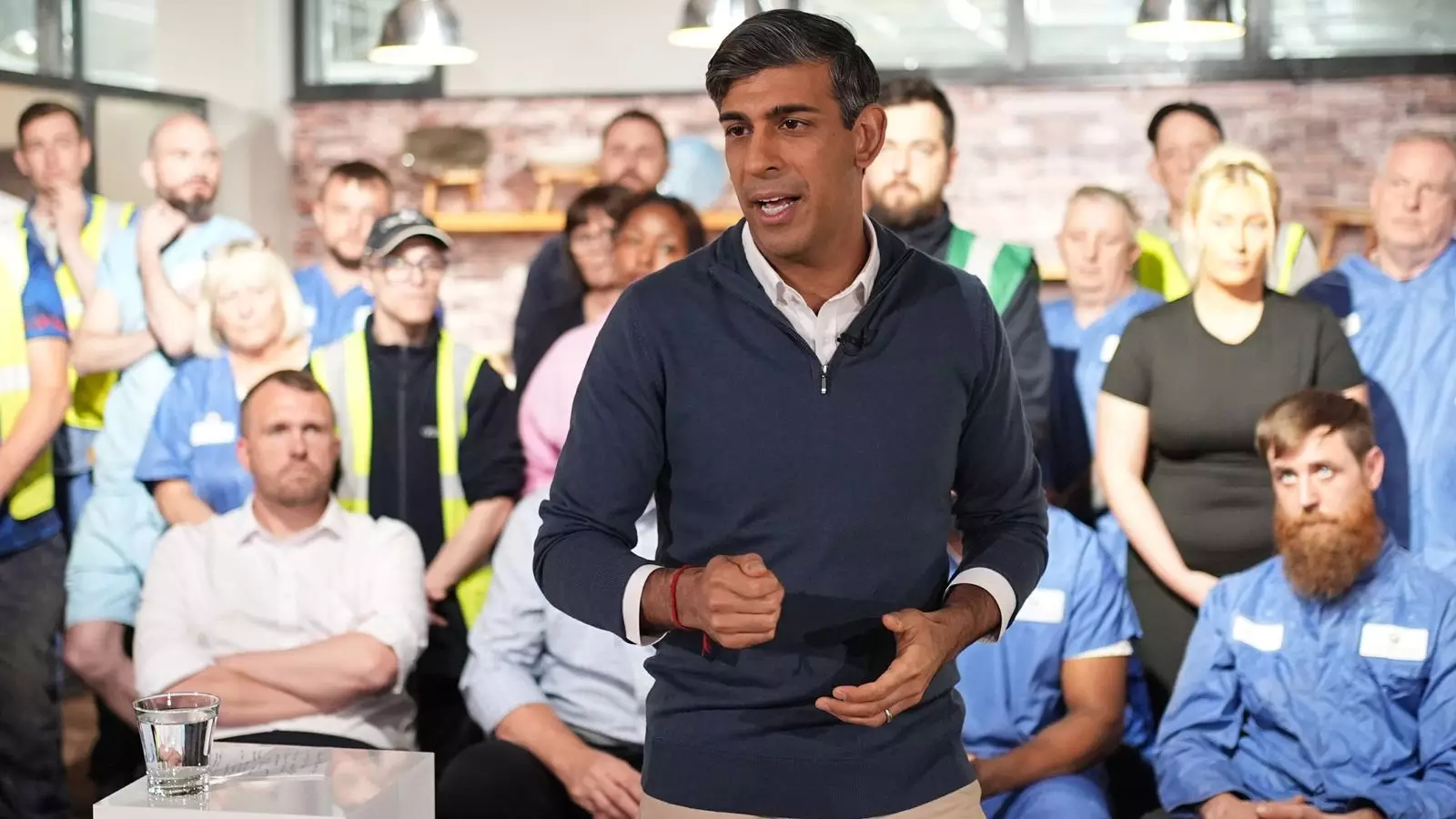Rishi Sunak, a prominent political figure, recently proposed the implementation of a national service program aimed at keeping young people out of trouble. The plan involves giving 18-year-olds the option of either a full-time military placement for 12 months or volunteering for one weekend a month for a year. Sunak believes that this program would provide teenagers with valuable skills, structure, and opportunities while also ensuring they stay away from potentially harmful activities.
Sunak’s proposal has garnered mixed reactions, with some parents expressing concerns about their children’s activities on weekends. Many parents are worried about the potential dangers their children may face when left unsupervised. The idea of a national service program providing a safe and structured environment for young people is appealing to parents who want to ensure the well-being of their children.
Despite Sunak’s enthusiasm for the national service program, it has faced opposition from Tory ministers, including Northern Ireland minister Steve Baker. Baker criticized the way the policy was introduced and questioned the effectiveness of compulsory national service. The idea of liberty under law versus compulsion and planning has been a point of contention among political figures, with differing opinions on how best to guide young people towards a positive future.
One of the key concerns surrounding the national service proposal is its practicality. Questions have been raised about how the program would be enforced and what measures would be taken against those who choose not to participate. While some ministers have suggested the possibility of fines for non-compliance, others have emphasized that it should be the individual’s responsibility to engage with the program. The specifics of the program are expected to be further developed through a Royal Commission to address incentives and sanctions for participants.
Unsurprisingly, the national service proposal has not been well-received by the opposition, particularly Labour leader Sir Keir Starmer. Starmer has criticized the program as a “teenage Dad’s Army” and questioned its efficacy in addressing the root causes of youth delinquency. The political divide on the issue reflects broader disagreements on the best approach to supporting young people and ensuring their success.
The national service proposal put forth by Rishi Sunak has sparked a contentious debate on how to keep young people out of trouble and provide them with valuable opportunities. While the idea of instilling discipline and structure through a national service program is appealing to some, others have raised concerns about its enforcement and potential consequences for non-participants. As the details of the program continue to be fleshed out, it remains to be seen whether it will truly be a transformative experience for young people or a contentious political issue.


Leave a Reply